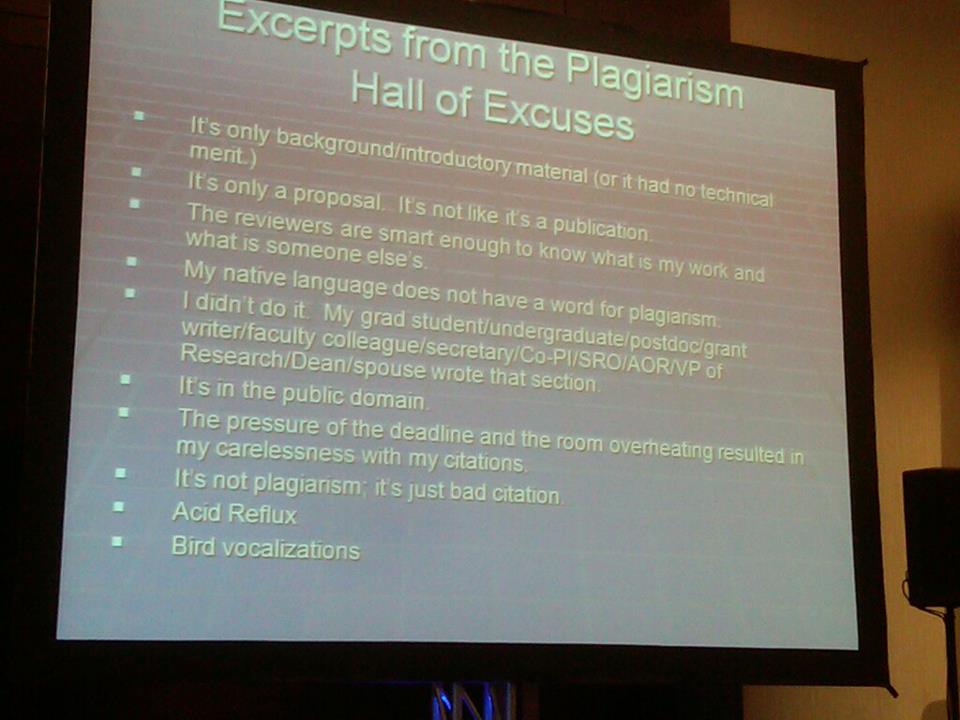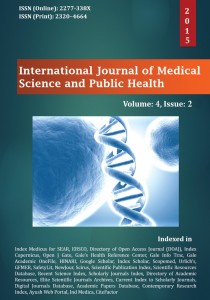Less than two weeks after Retraction Watch reported that an abstract from 2019 included what appeared to be text from plagiarism detection software, the publisher has subjected the paper to an expression of concern and is investigating all of the lead author’s papers.
The paper,”Identification of Selective Forwarding Attacks in Remote locator Network utilizing Adaptive Trust Framework,” appeared as part of an IOP Conference Series. Nick Wise, an engineering graduate student at Cambridge, flagged the incident on Twitter, which IOP Publishing told us they had not yet heard about.
Today, IOP Publishing spokesperson Rachael Harper told Retraction Watch:
Continue reading Publisher investigating all of an author’s papers following reporting by Retraction Watch


